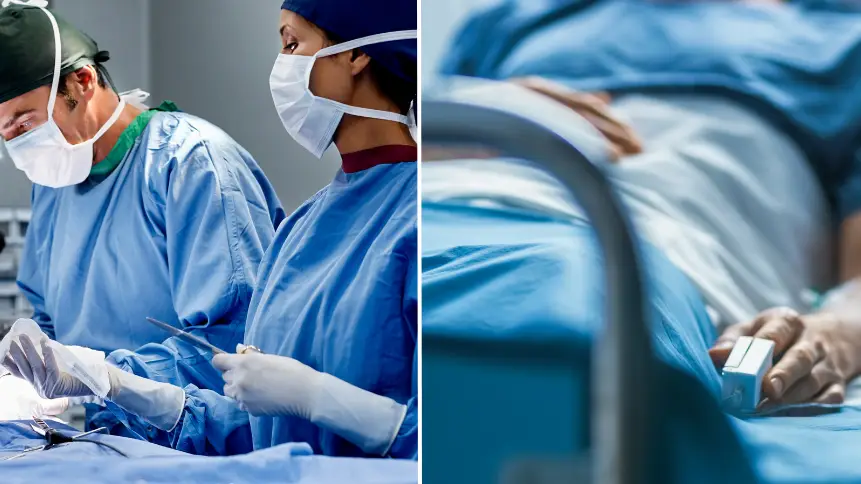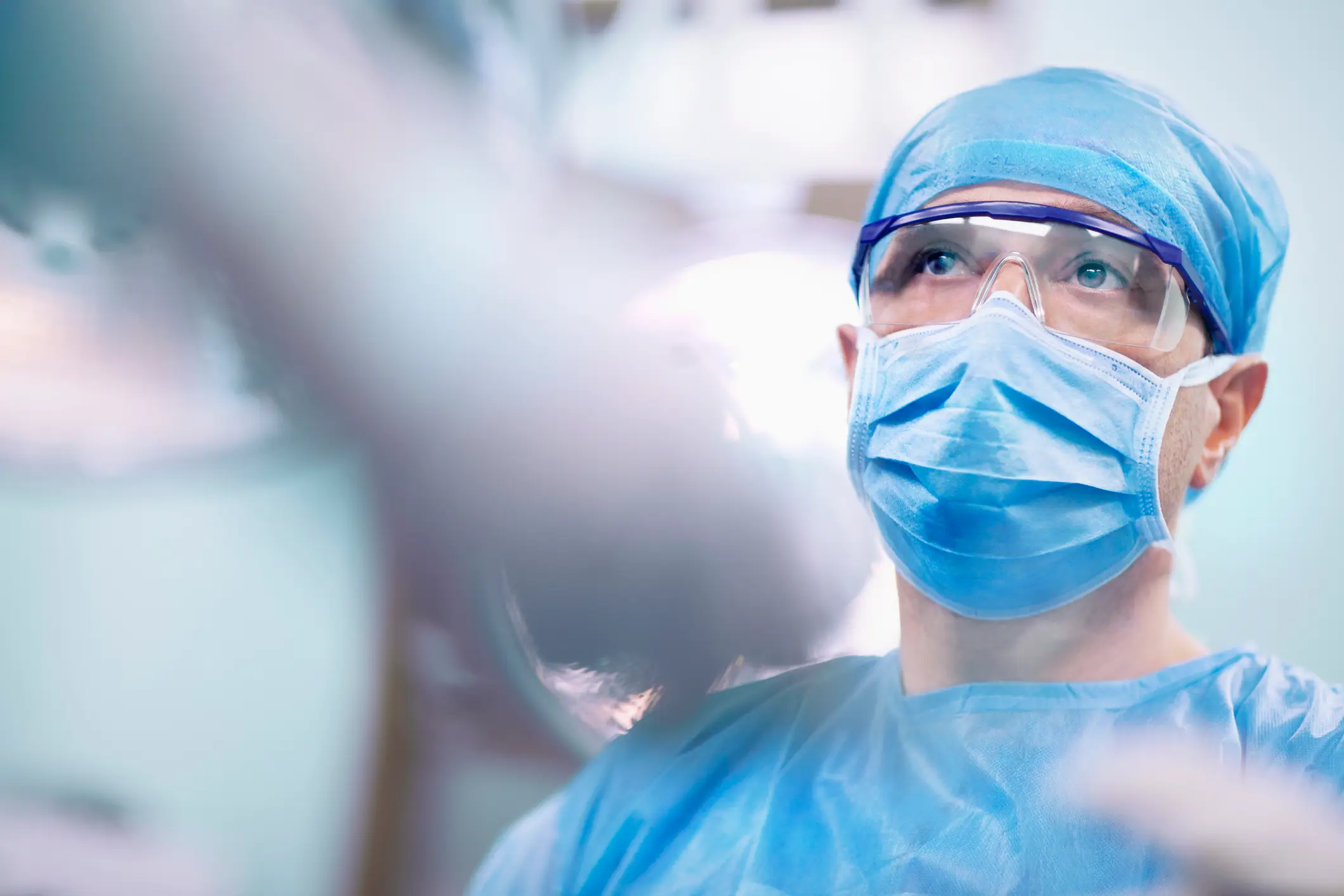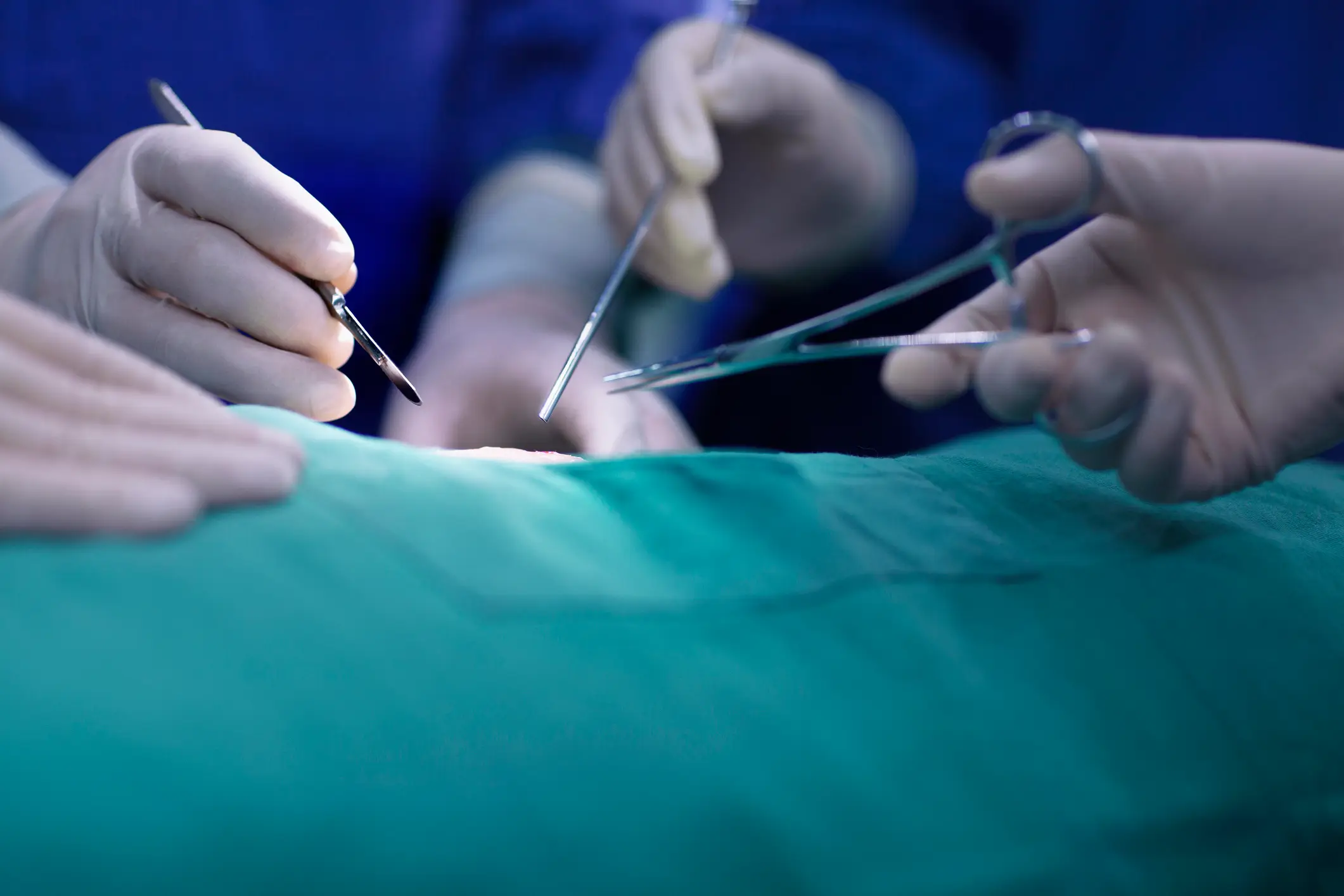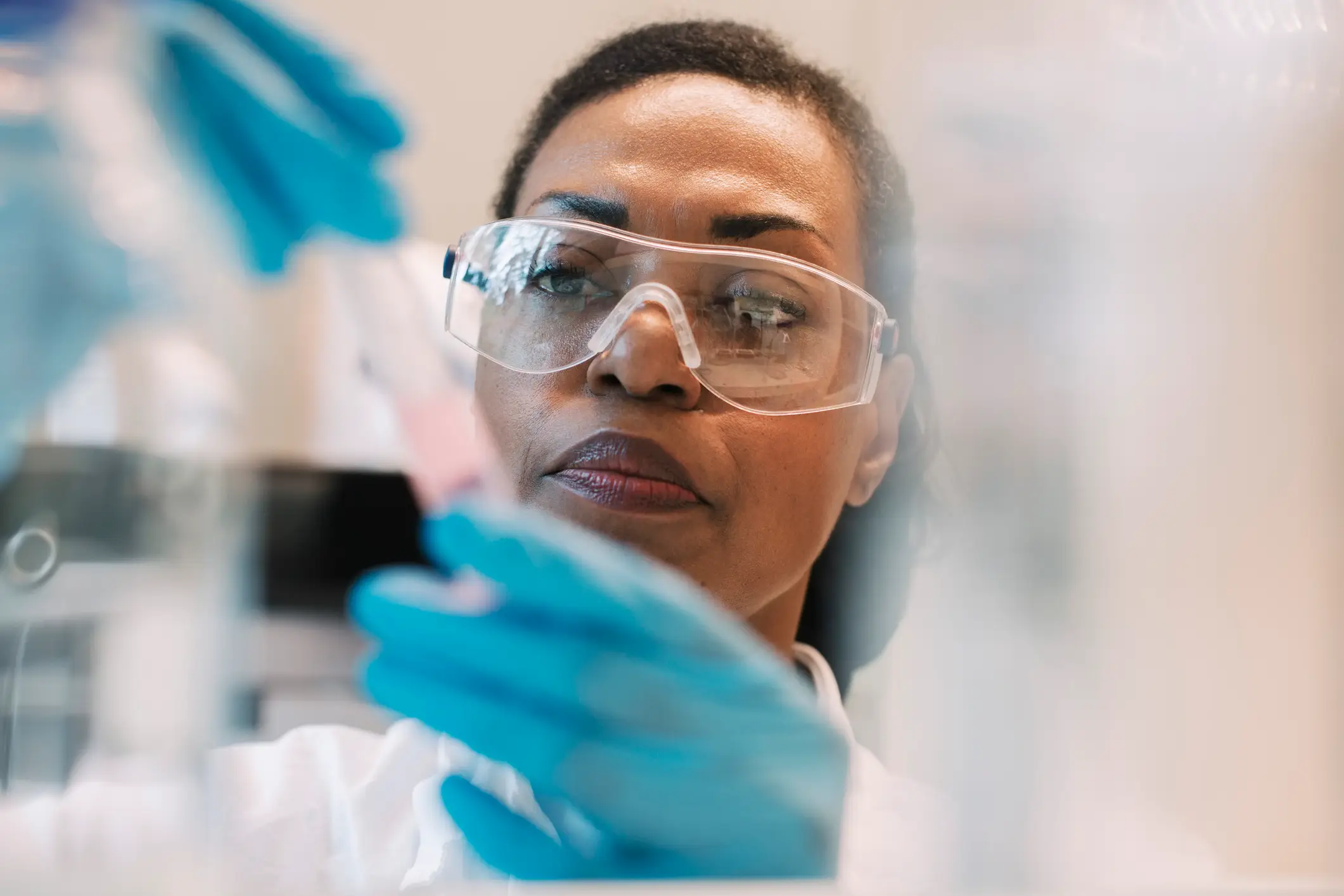
A surgeon 'caught cancer' from a patient after carrying out an operation to remove a tumour.
It's well known that cancer is not contagious and cannot be passed from person to person during close contact.
The American Cancer Society also explains that cancer cells from someone with cancer are not able to live in the body of another person.
This is because the person's immune system should identify and destroy any foreign cells.
Advert
However, there are some extremely rare, isolated cases where this has happened.

Back in 1996, the New England Journal of Medicine discussed a case in which a 53-year-old surgeon developed cancer after operating on a 32-year-old man with the disease.
The patient had been diagnosed with malignant fibrous histiocytoma, which is a rare cancer that usually forms in soft tissue.
In this case, the man had a tumour in his abdomen and the surgeon was carrying out a procedure to remove it. Sadly, the patient passed away not long after the surgery due to complications.

During the procedure, the doctor injured the palm of his hand while trying to place a drain.
The wound was disinfected and dressed with a bandage, but months later and the surgeon noticed something was seriously wrong with his hand.
He had a hard tumour, which measured over an inch long, under the skin of his palm - exactly where he had injured himself in the surgery.
After doctors carried out tests on the tumour, it was found that the surgeon had malignant fibrous histiocytoma - the exact same kind of cancer the patient had.
A pathologist sought to find more information about the type of tumour and it was later discovered the growth was morphologically identical to the patient's (meaning identical both genetically and in appearance).

Because the cancer cells were able to grow in the surgeon's hand and were not rejected, study authors believe his body had an 'ineffective antitumour immune response' to the cancer.
‘Normally, transplantation of allogeneic tissue from one person to another induces an immune response that leads to the rejection of the transplanted tissue," they wrote in the study.
"In the case of the surgeon, an intense inflammatory reaction developed in the tissue surrounding the tumor, but the tumor mass increased, suggesting an ineffective antitumor immune response."
Removing the tumour was successful and two years later, the surgeon didn't have any evidence of recurrence.